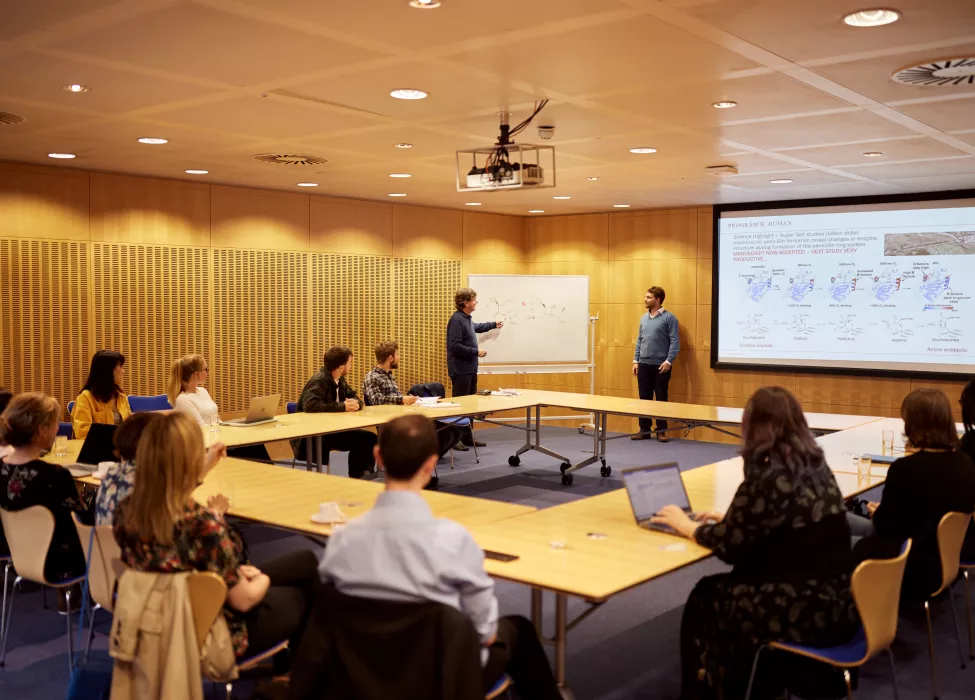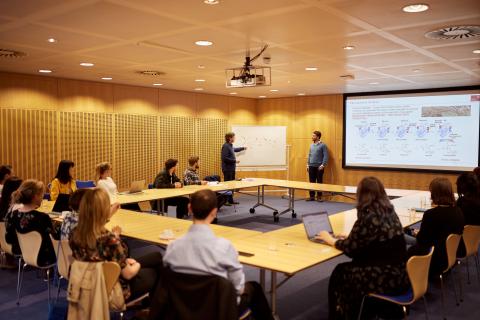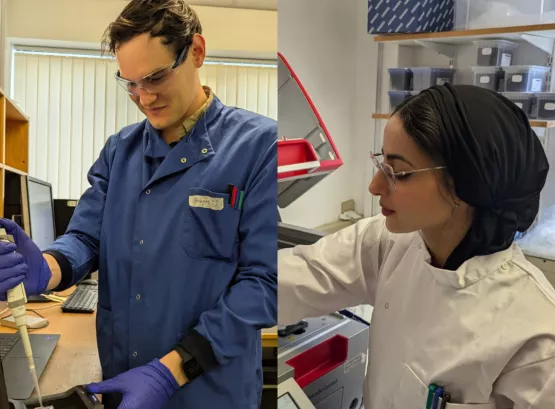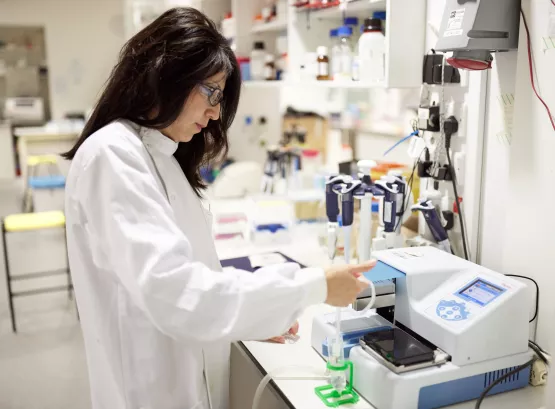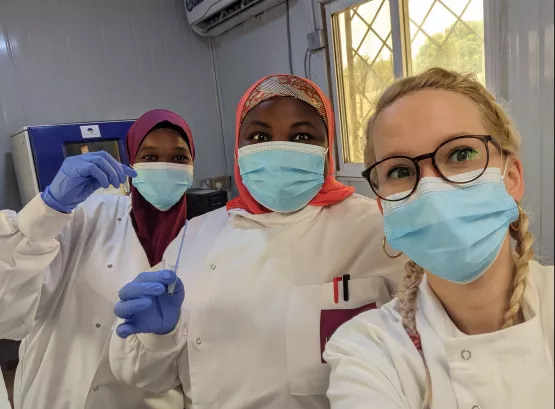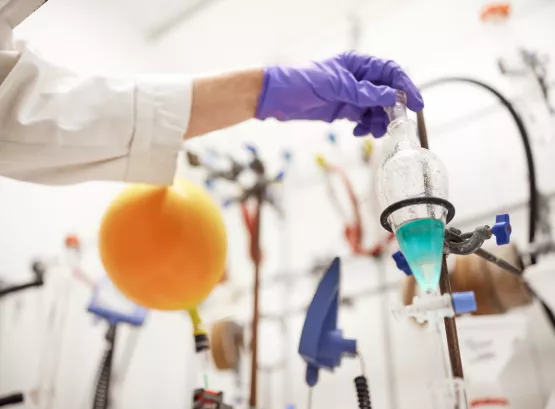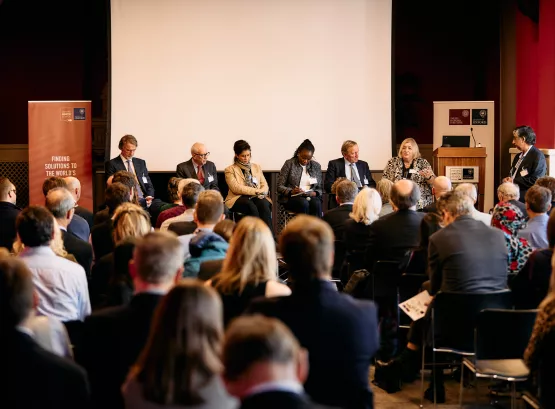The Ineos Oxford Institute for antimicrobial research (IOI) brings together the best of research and industry, along with the brightest minds across disciplines and geographies to overcome one of the biggest threats to global health, food security and development today.
How is antimicrobial resistance worsening with climate change?
Antimicrobial resistance (AMR) and climate change are the two most pressing challenges facing us today, with the climate crisis worsening the impact of antimicrobial resistance. Climate change is increasing the frequency of natural disasters such as floods and other extreme weather events, which threatens our access to clean water and sanitation. In these situations, rates of infections increase, creating an increased demand for antibiotics. Meanwhile, the use of antibiotics increases drug resistance, limiting the effectiveness of antibiotics.
Our scientific lead Dr Alistair Farley talks about this Catch 22 situation with Al Jazeera.
Latest news
The IOI is developing new drugs for human use and designing alternative antibiotics to use in agriculture and animal feed exclusively to reduce the threat of antimicrobial resistance (AMR) globally.
IOI’s research is guided by its global surveillance programmes in countries most affected by the threat of AMR including countries in Africa and South Asia. These international collaborative projects enable the IOI to assess the impact of AMR on health and agricultural sectors across the world, and develop the most effective solutions to tackle them.
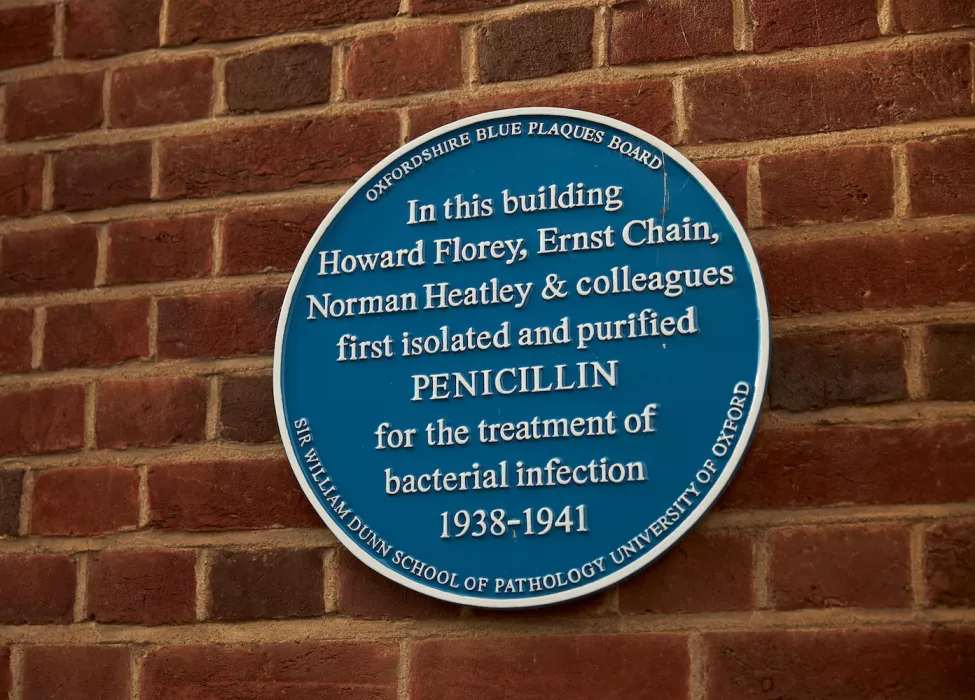
Global collaborations
The IOI has research collaborations across the world.
Use the map below to explore our projects. Select a highlighted country to see active projects in that country, and click the links to learn more. You can filter by research area using the list to the left.
Projects:
Find out more
Join the IOI mailing list
Do you want to keep up-to-date with the IOI's latest news stories, research papers and more? Join our external mailing list to receive a monthly round-up of IOI updates.
